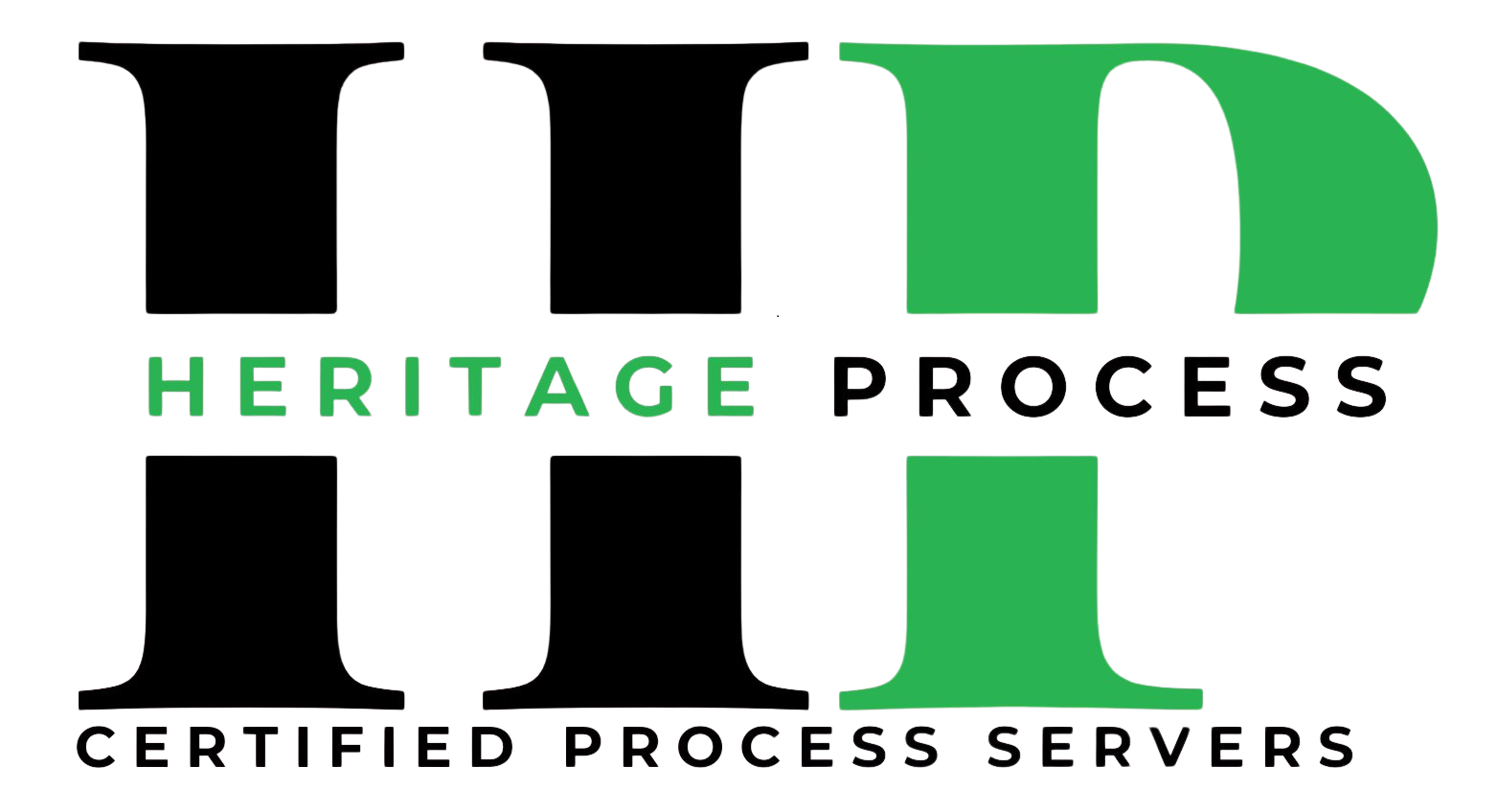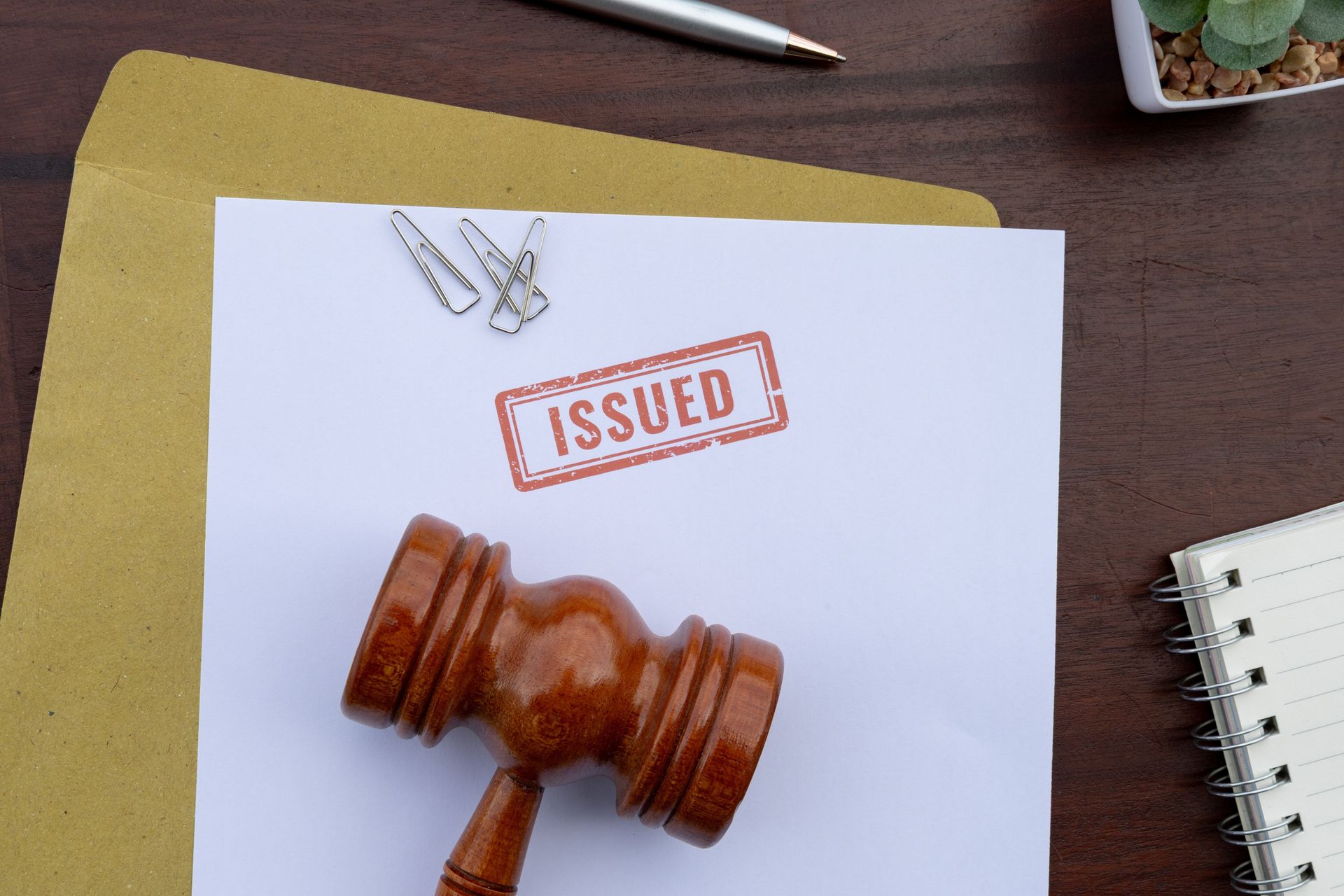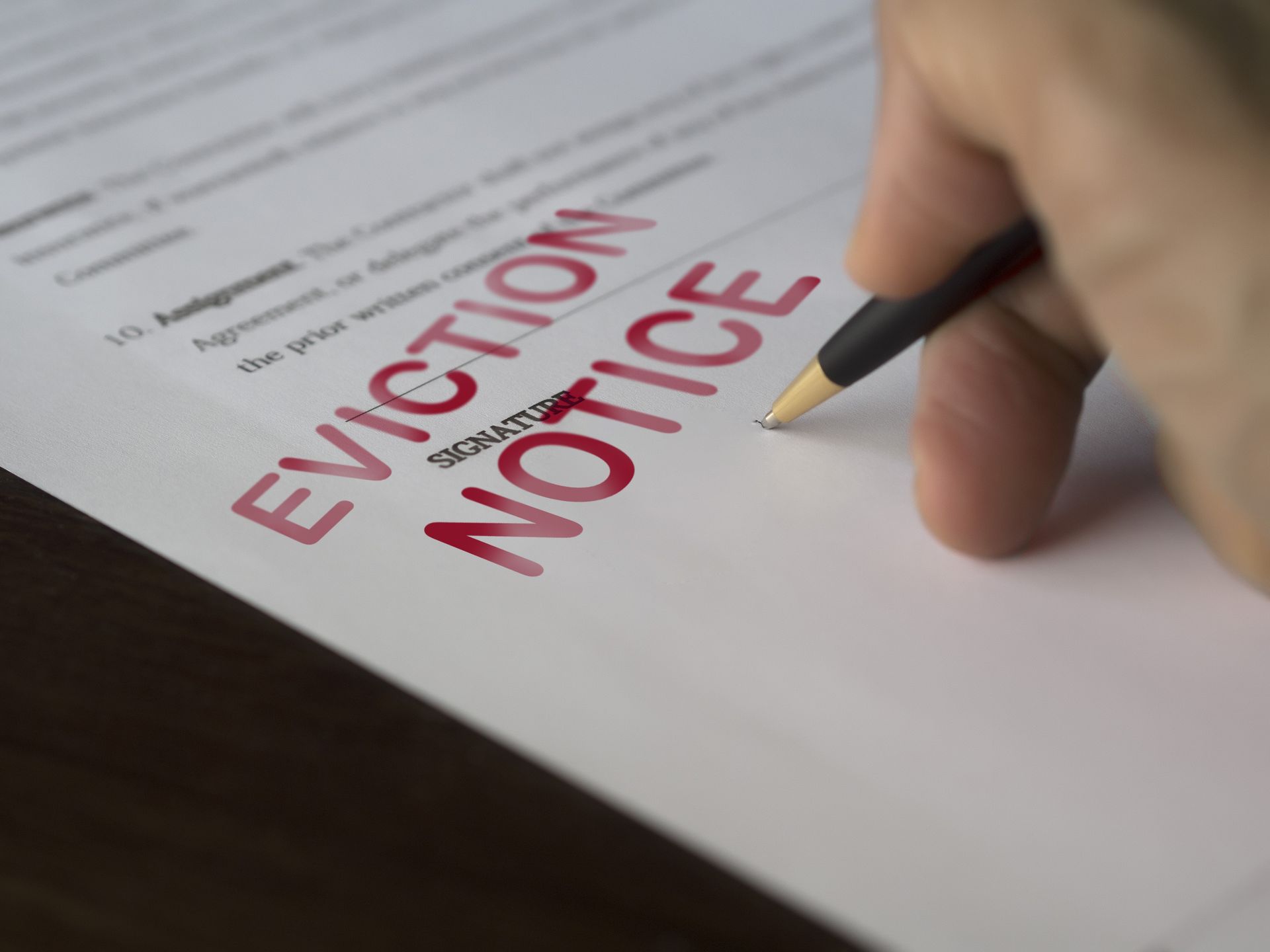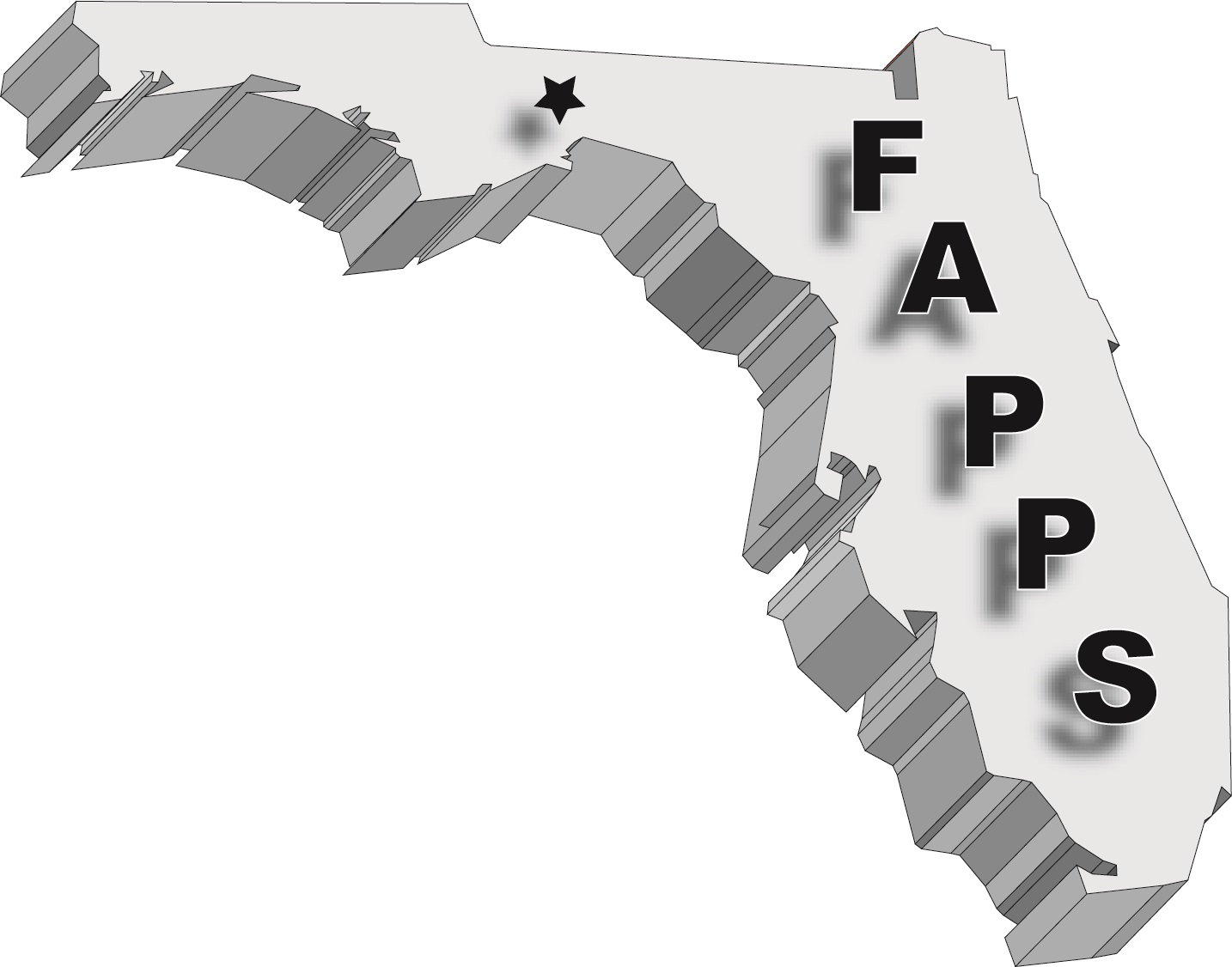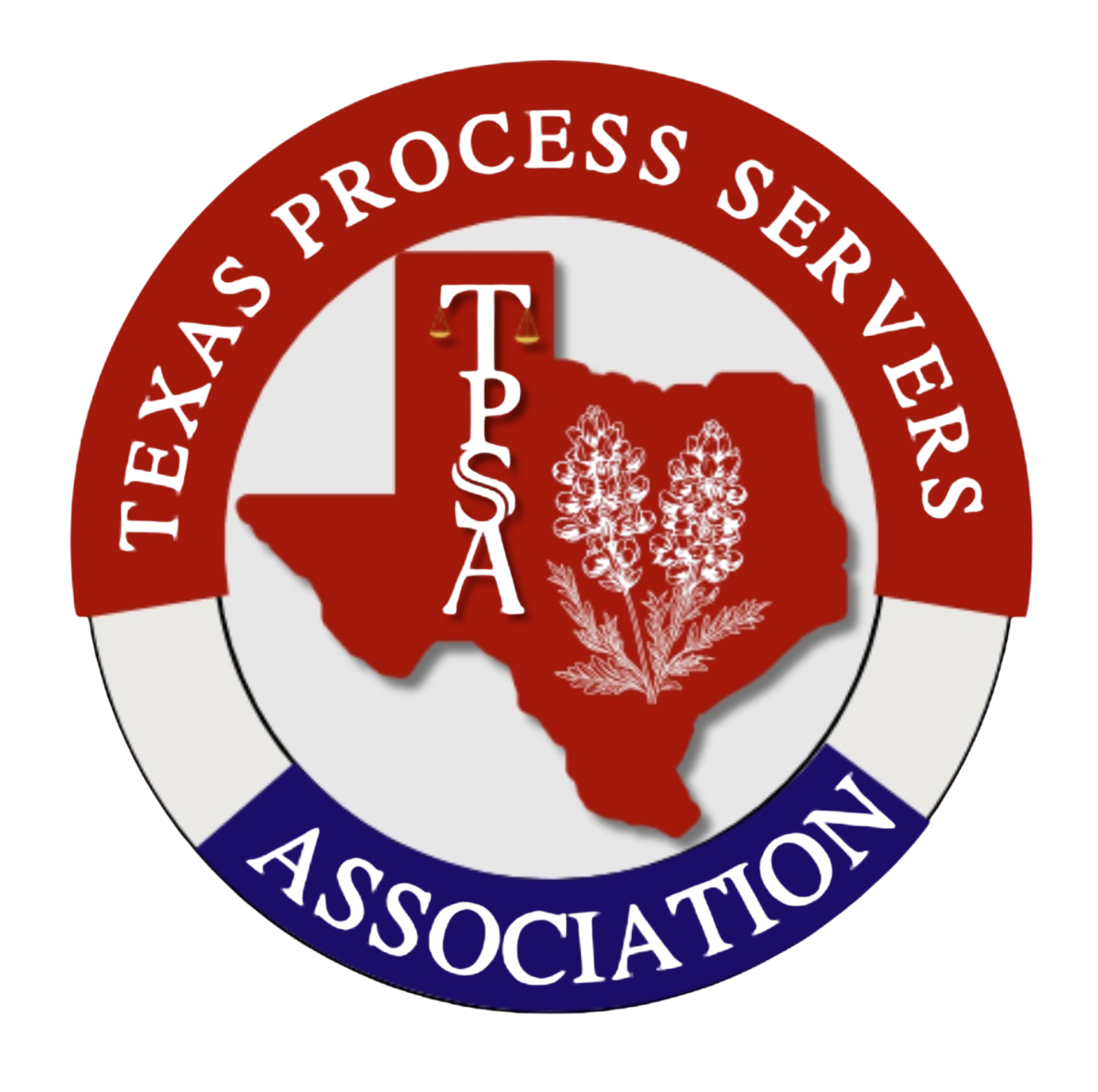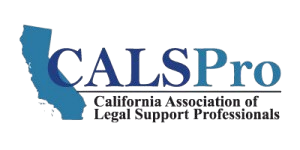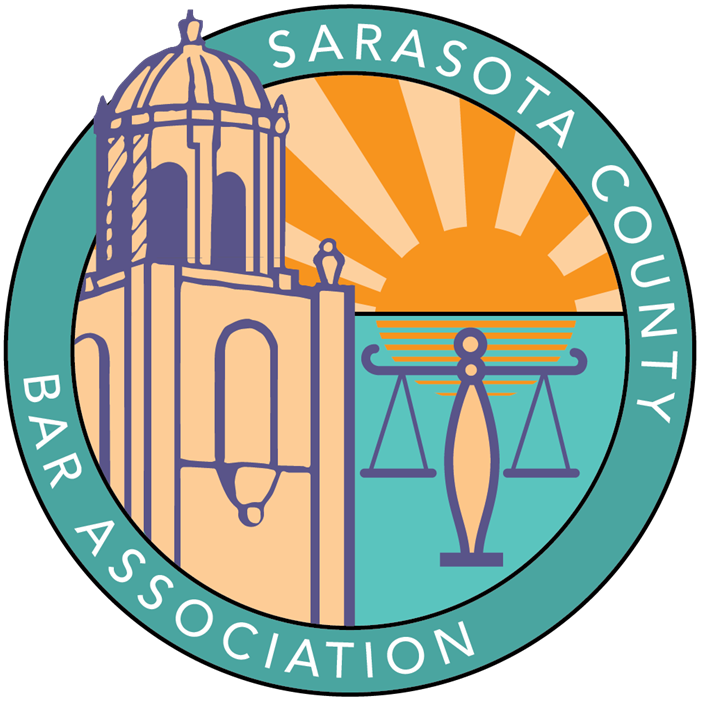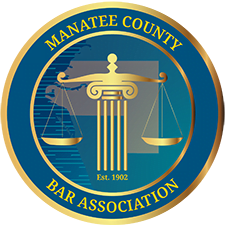What Documents Need to Be Notarized? 8 Common Legal Scenarios
Handling legal paperwork in Florida comes with high stakes, especially when signatures and timelines matter. Notarization helps prevent fraud, confirms identity, and adds legal weight to your documents. Exploring examples of notarized documents can help you better understand when to involve a notary.
Find out which documents commonly require notarization. Learn key legal scenarios and how to avoid legal pitfalls.
What Is Notarization?
Notarization is a formal process that makes certain documents legally valid by adding a verified signature and official seal. A licensed notary public confirms who signed the document and that they did so willingly and with full understanding.
Knowing what needs to be notarized can help you meet legal requirements in situations like property transfers, financial authorizations, and sworn statements where precision and accountability matter.
8 Common Legal Scenarios Requiring Notarization
Knowing what documents need to be notarized helps you protect your rights and avoid legal headaches. In Florida, notarization confirms identity and intent, turning a simple signature into a verified legal step that courts, banks, and government offices will recognize.
1. Real Estate Transactions
Buying, selling, or refinancing property in Florida requires signed documents like deeds, mortgage agreements, and closing forms. County recorders won’t accept these without notarization. A notary verifies identity, confirms intent, and helps protect buyers and sellers from fraud or legal disputes.
2. Estate Planning Documents
Wills, living trusts, and advance directives need clear, lawful execution to hold up in Florida courts. A notary confirms identity, intent, and mental capacity. Some estate planning documents also require witnesses, so choosing a notary who understands the process can make it easier.
3. Power of Attorney
Power of attorney forms give someone legal authority to act on your behalf. Florida banks and hospitals often require notarized copies to accept them. A notary confirms your identity and intent, making the document more likely to be accepted without delays or challenges.
4. Financial Agreements
Loan agreements, debt settlements, and payment contracts often involve large sums. Notarization proves that both parties agreed to the terms. A notary verifies the signatures and confirms that each person signed willingly, helping you avoid costly disputes over a contract’s validity later.
5. Affidavits and Statutory Declarations
Courts and government agencies often require sworn statements for legal or administrative processes. A notary confirms your identity, watches you swear the truth, and applies their official seal. That turns a personal statement into an official legal record with real consequences for false claims.
6. Business Contracts
Business owners use notarized contracts to add security to deals involving ownership changes, leases, or vendor agreements. A notary verifies signatures and confirms each party understood the terms. It gives both parties extra protection and helps resolve disputes if they arise.
7. Divorce and Family Law Documents
Custody arrangements, divorce settlements, and adoption forms sometimes require notarization, depending on the court. A notary confirms that both parties reviewed the documents and signed voluntarily.
8. Government Forms and Applications
Many permit, licensing, and immigration forms require notarized signatures. Notarization shows that the information came from a verified individual and supports faster approval from government agencies.
Additional Tips for Navigating Notarization
Preparation makes the notarization process smoother and faster. Before your appointment, determine what documents can be notarized and what’s required to complete the process correctly.
Here are a few ways to avoid common mistakes:
- Bring a valid, government-issued photo ID
- Double-check your documents for missing pages or blanks
- Avoid signing anything before meeting the notary
- Choose a notary familiar with Florida law and legal document types
- Confirm whether witnesses are needed and bring them with you
Protect Your Paperwork With the Right Notary
Notarization isn’t just a formality. It protects your signature and strengthens your documents. When legal consequences are on the line, working with a trusted professional makes all the difference.
Contact Heritage Process to consult with experienced Florida notaries and avoid costly legal pitfalls.
